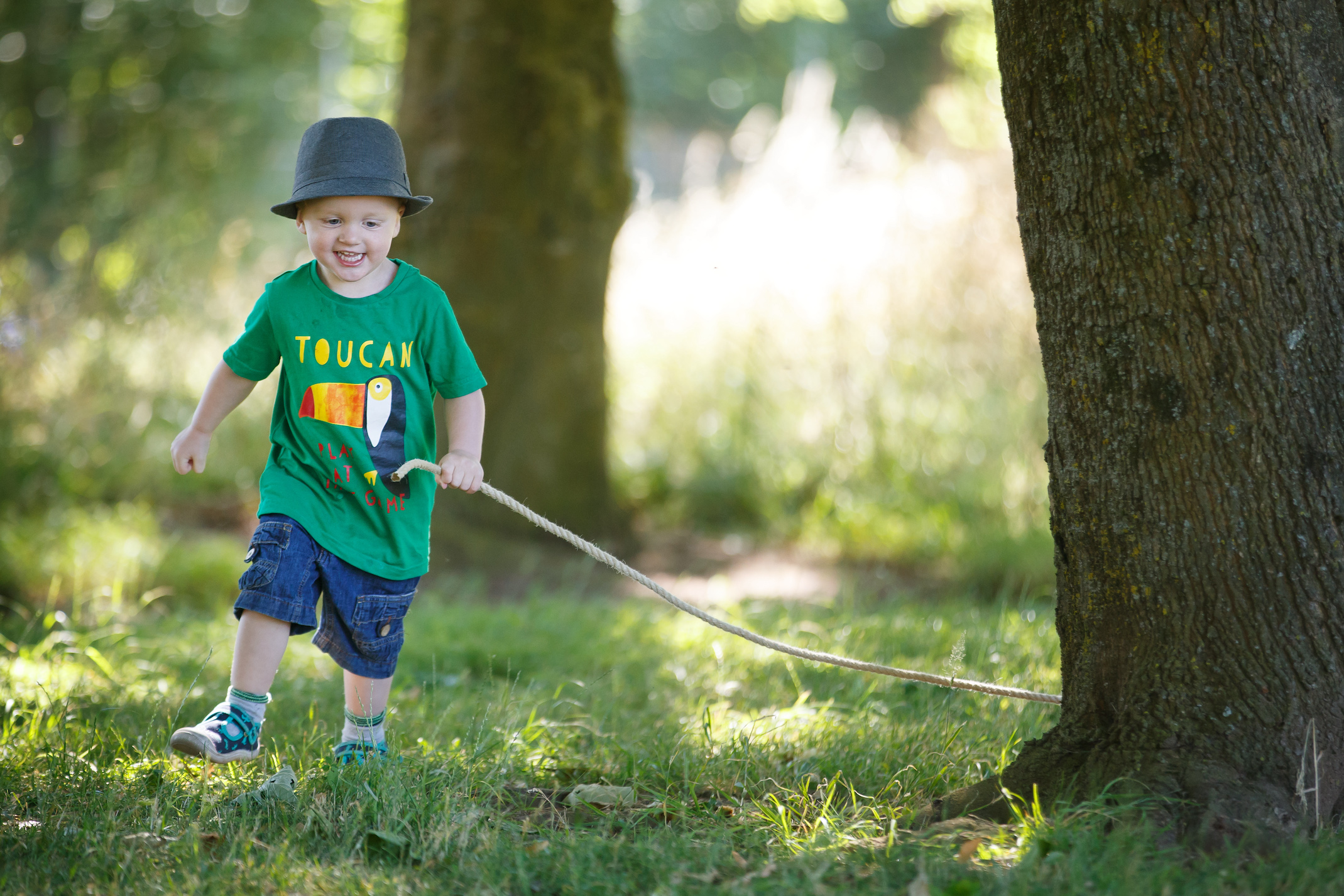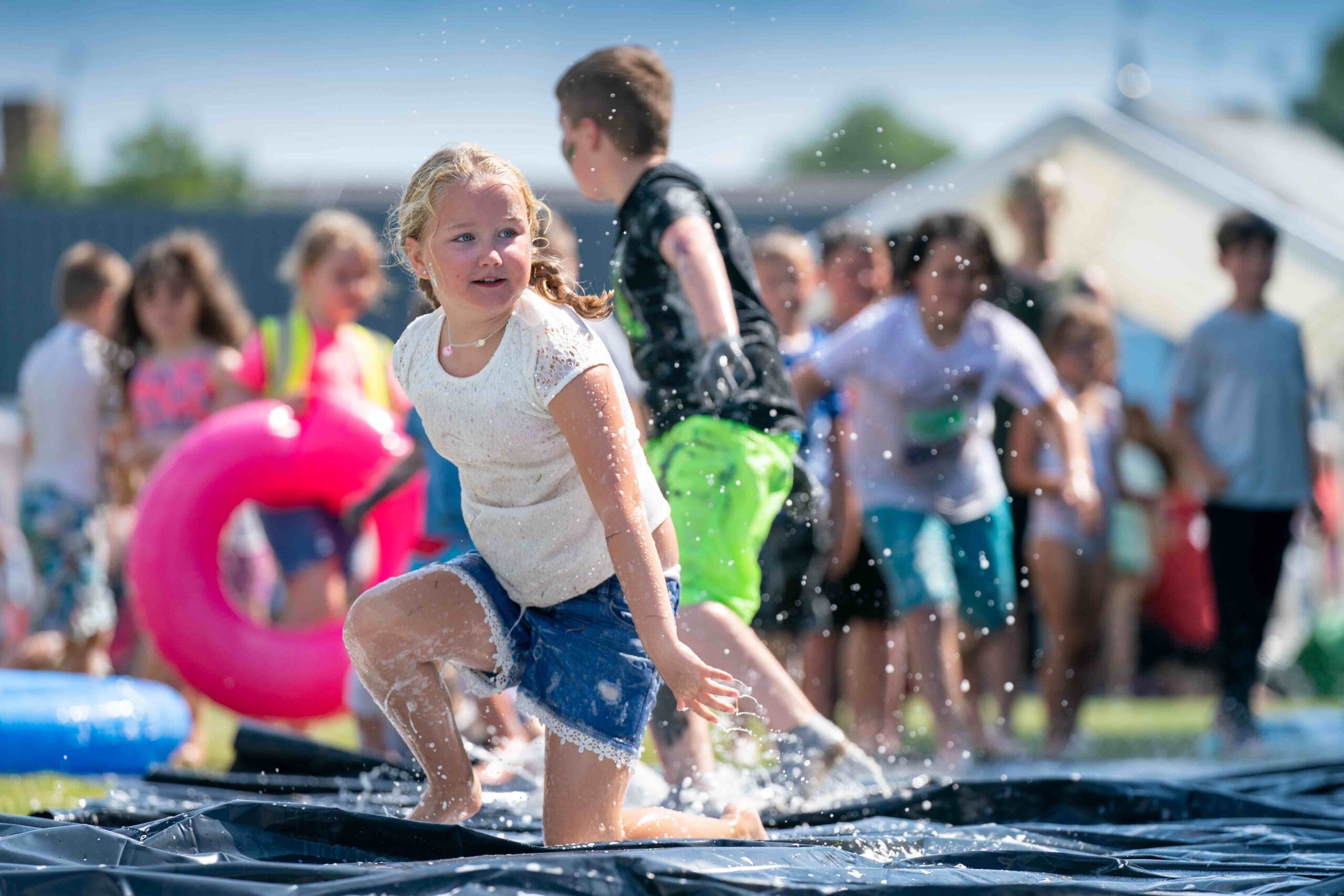Chwarae
Popeth am chwarae
Chwarae yw un o agweddau pwysicaf bywydau plant. Mae plant yn gwerthfawrogi amser, rhyddid a mannau o safon i chwarae. Pan ofynnwn beth sydd o bwys iddyn nhw, bydd plant yn cyfeirio’n gyson at chwarae a chwrdd â’u ffrindiau.
Yn yr adran hon, cewch hyd i wybodaeth am:
- Hawl plant i chwarae
- Chwarae a chymdeithasu
- Chwarae a chynhwysiant
- Chwarae a risg
- Mannau i chwarae
- Diwrnod Rhyngwladol Chwarae
- Diwrnod Chwarae
- Gweithio gyda phlant
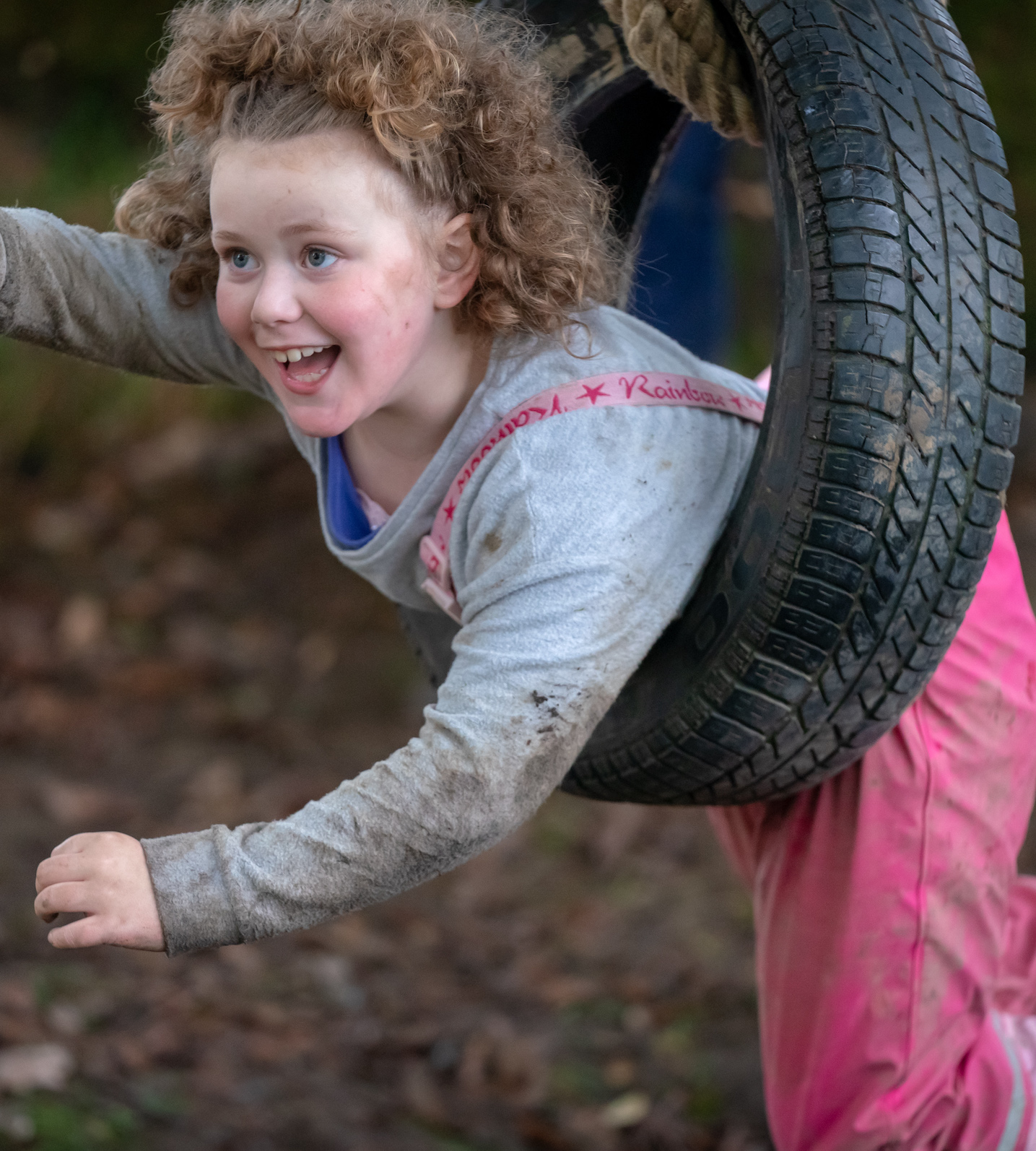
Beth yw chwarae?
Mae ‘chwarae’ yn disgrifio nifer o wahanol fathau o ymddygiad a rhyngweithiadau gyda phobl, amgylcheddau a gwrthrychau eraill.
Yn Sylw Cyffredinol rhif 17, a gyhoeddwyd yn 2013, mae Pwyllgor y Cenhedloedd Unedig ar Hawliau’r Plentyn yn diffinio chwarae fel
‘ymddygiad, gweithgaredd neu broses gaiff ei sbarduno, ei rheoli a’i strwythuro gan blant. Bydd chwarae’n digwydd pryd bynnag a ble bynnag y bydd cyfleoedd yn codi.’
Mae Sylw Cyffredinol rhif 17 yn rhestru hefyd nodweddion allweddol chwarae, sef:
- hwyl
- ansicrwydd
- her
- hyblygrwydd
- bod yn anghynhyrchiol.
Mae hyn yn alinio gydag ac yn ehangu ar ddiffiniad Llywodraeth Cymru o chwarae (a gyhoeddwyd yn ei Bolisi Chwarae yn 2002) fel:
‘cwmpasu ymddygiad plant sydd wedi’i ddewis o wirfodd, yn ei lywio ei hun ac yn ei wneud er ei fwyn ei hun. Mae’n cael ei wneud heb olwg ar unrhyw nod na gwobr allanol, ac mae’n rhan sylfaenol ac annatod o ddatblygiad iach – nid yn unig o ran y plant unigol, ond hefyd o ran y gymdeithas y maent yn byw ynddi’.
Gellir cefnogi neu gyfyngu ar gyfleoedd i blant chwarae mewn tair prif ffordd:
- Amser: y galwadau ar amser plant a sut y caiff ei strwythuro
- Lle: maint, dyluniad a rheolaeth gofod ble gallai plant chwarae
- Caniatâd: ofn, disgwyliadau, goddefgarwch, a’r modd y mae oedolion yn ystyried plentyndod a chwarae.
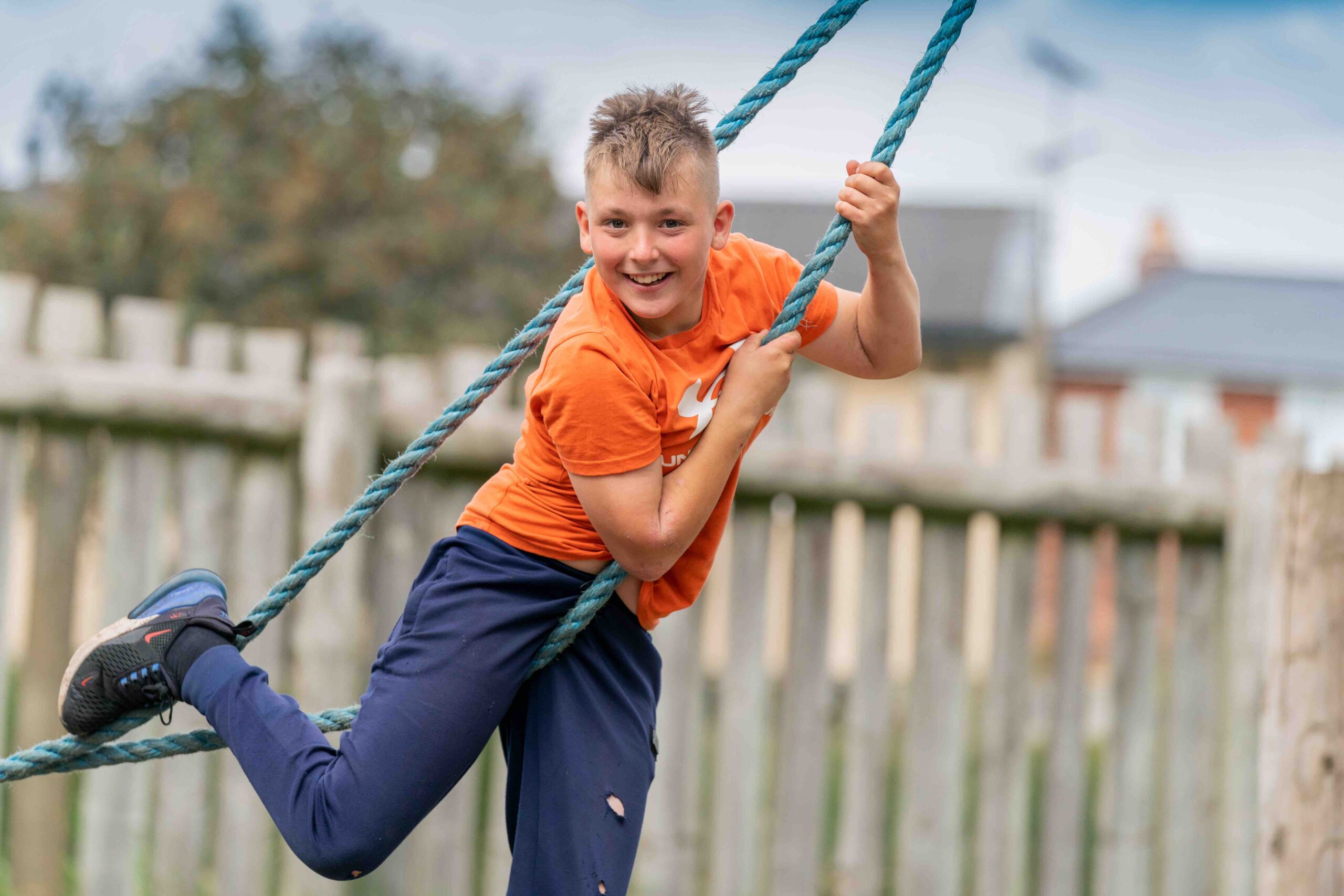
Pam fod chwarae’n bwysig?
Mae chwarae’n ganolog i iechyd a lles corfforol, meddyliol, cymdeithasol ac emosiynol plant. Mae astudiaethau’n dangos bod chwarae’n helpu plant i deimlo’n rhan o’u cymdogaethau a’u cymunedau ehangach. Mae chwarae hefyd yn cefnogi:
- cymdeithasoli
- gwytnwch
- iechyd a lles
- dysg a datblygiad
- hapusrwydd.
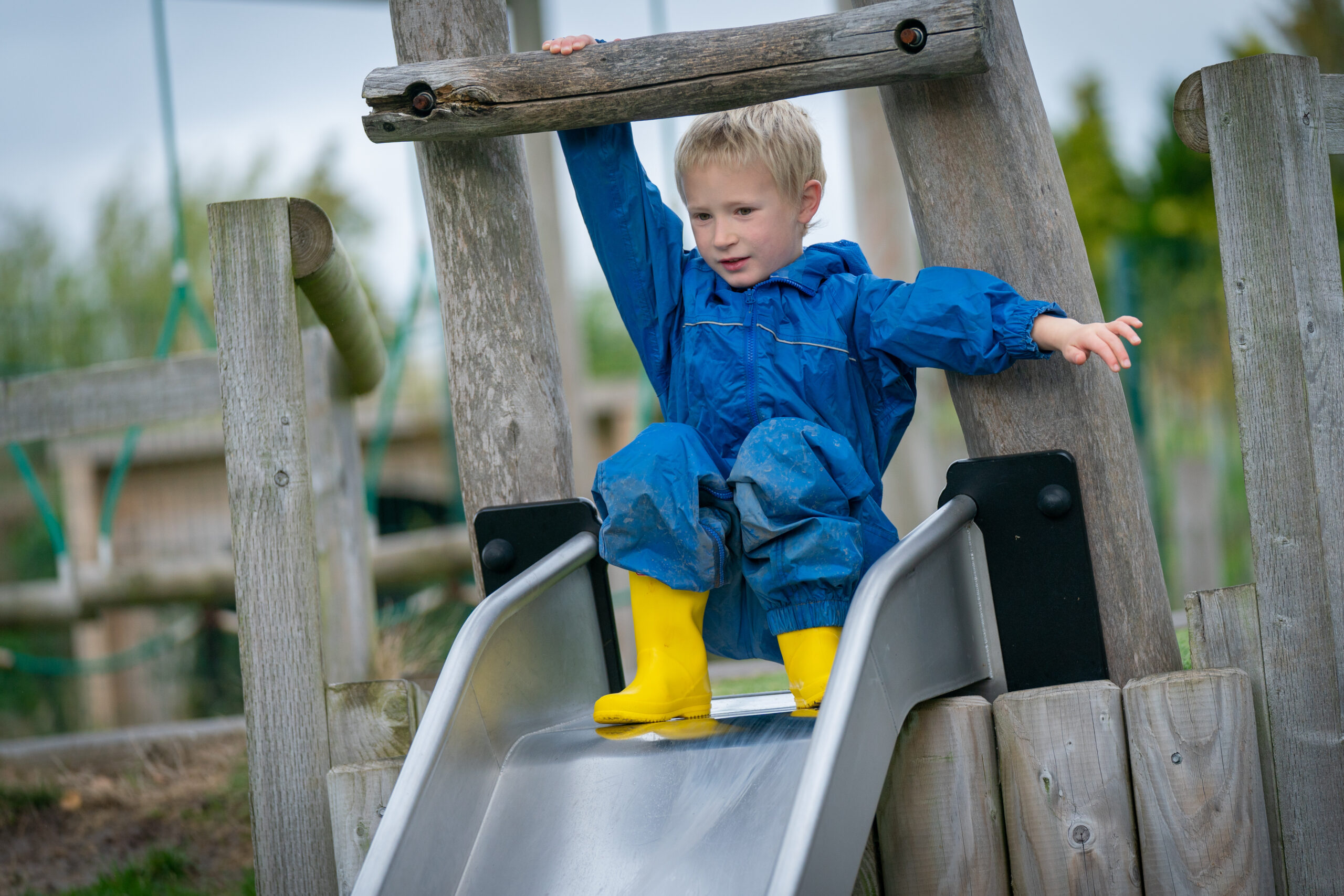
Mae gan bob plentyn yr hawl I chwarae waeth beth yw ei ddiwylliant, nam, rhyw, iaith, cefndir, ymddygiad neu angen
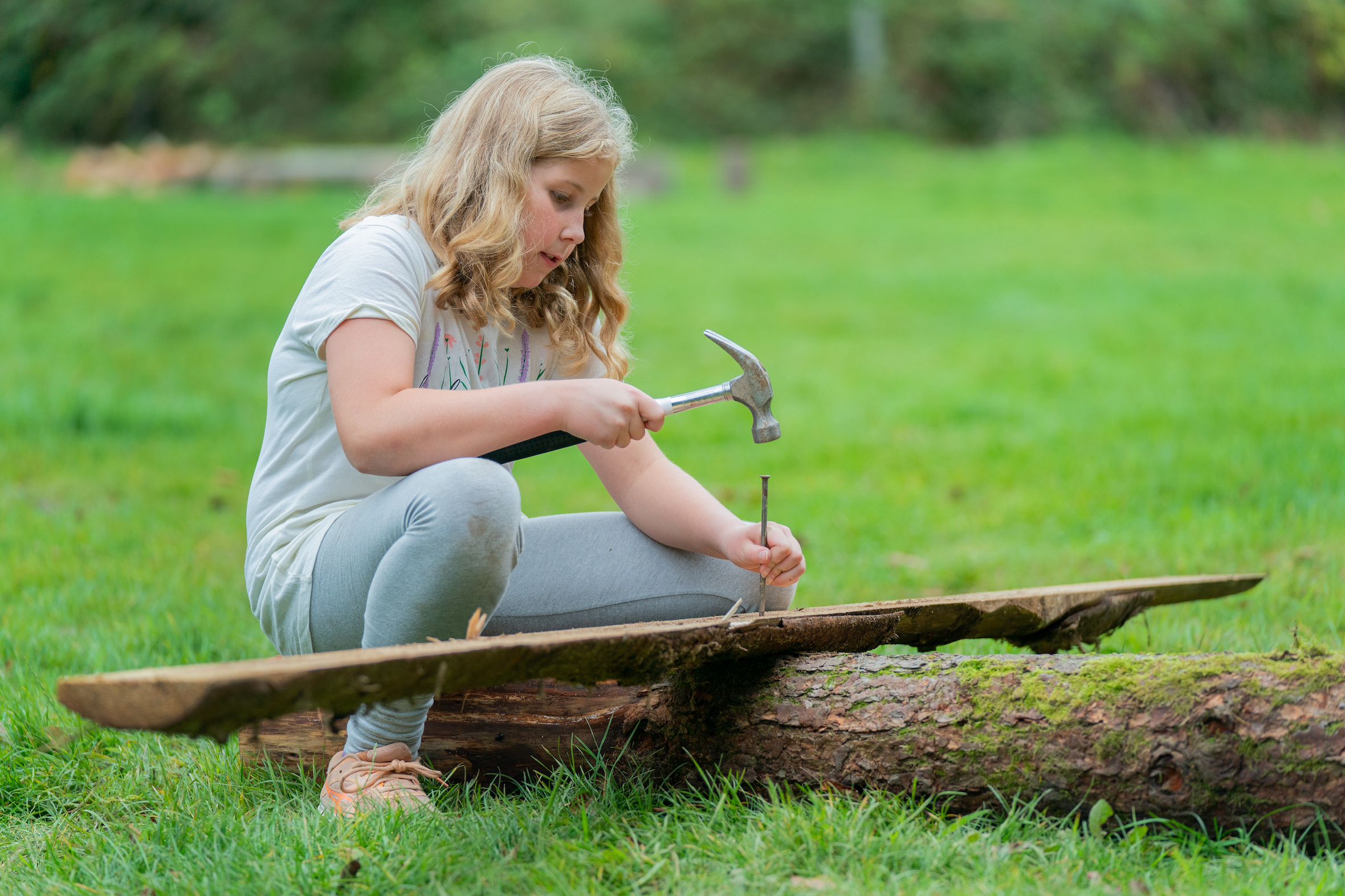
Mae plant yn chwilio am risg ac ansicrwydd yn eu chwarae – maent yn cael eu denu at her, newydd-deb, a’r annisgwyl
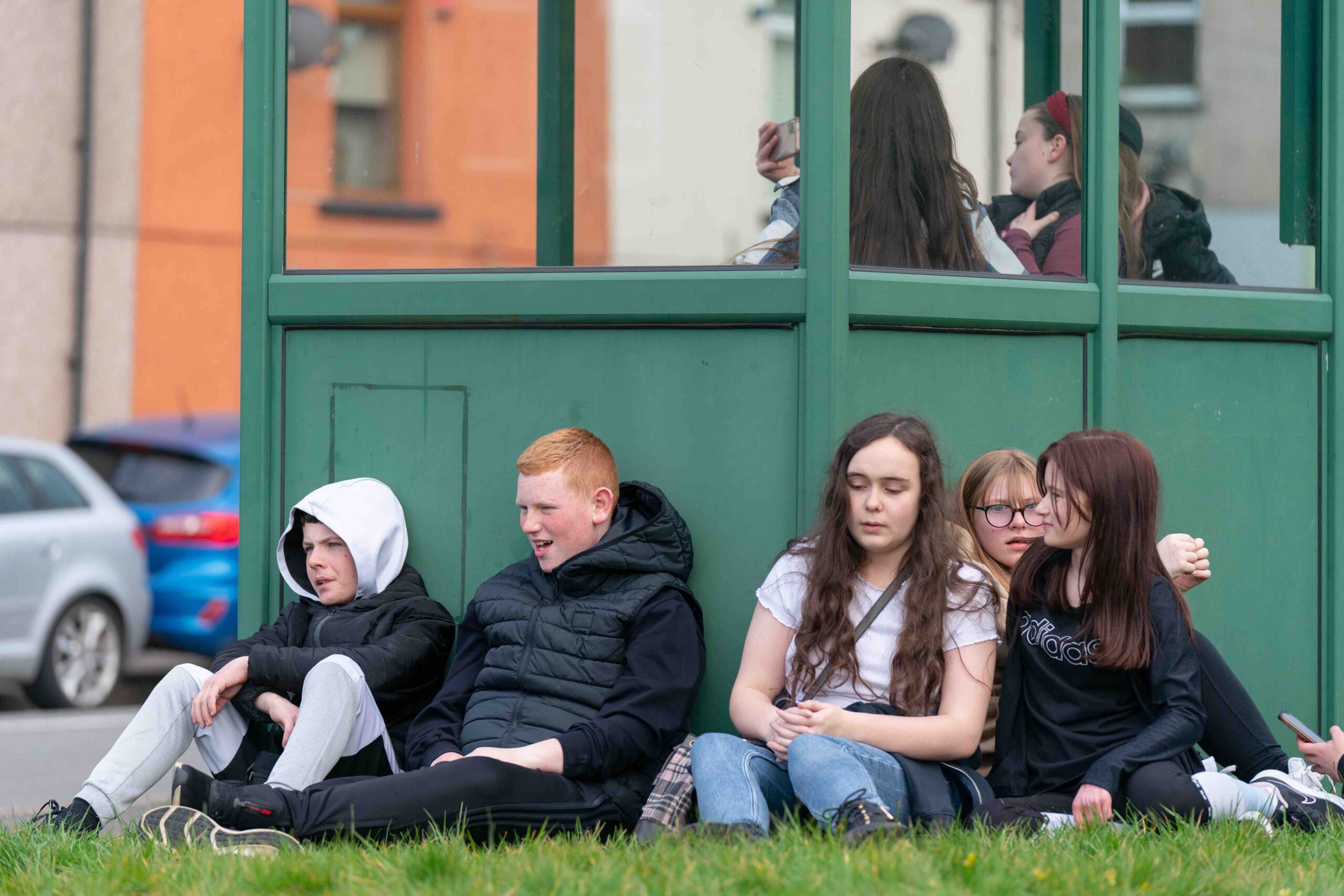
Mae cefnogi plant ac arddegwyr i chwarae’r tu allan a chwrdd â’u ffrindiau’n hanfodol ar gyfer eu hiechyd a’u hapusrwydd
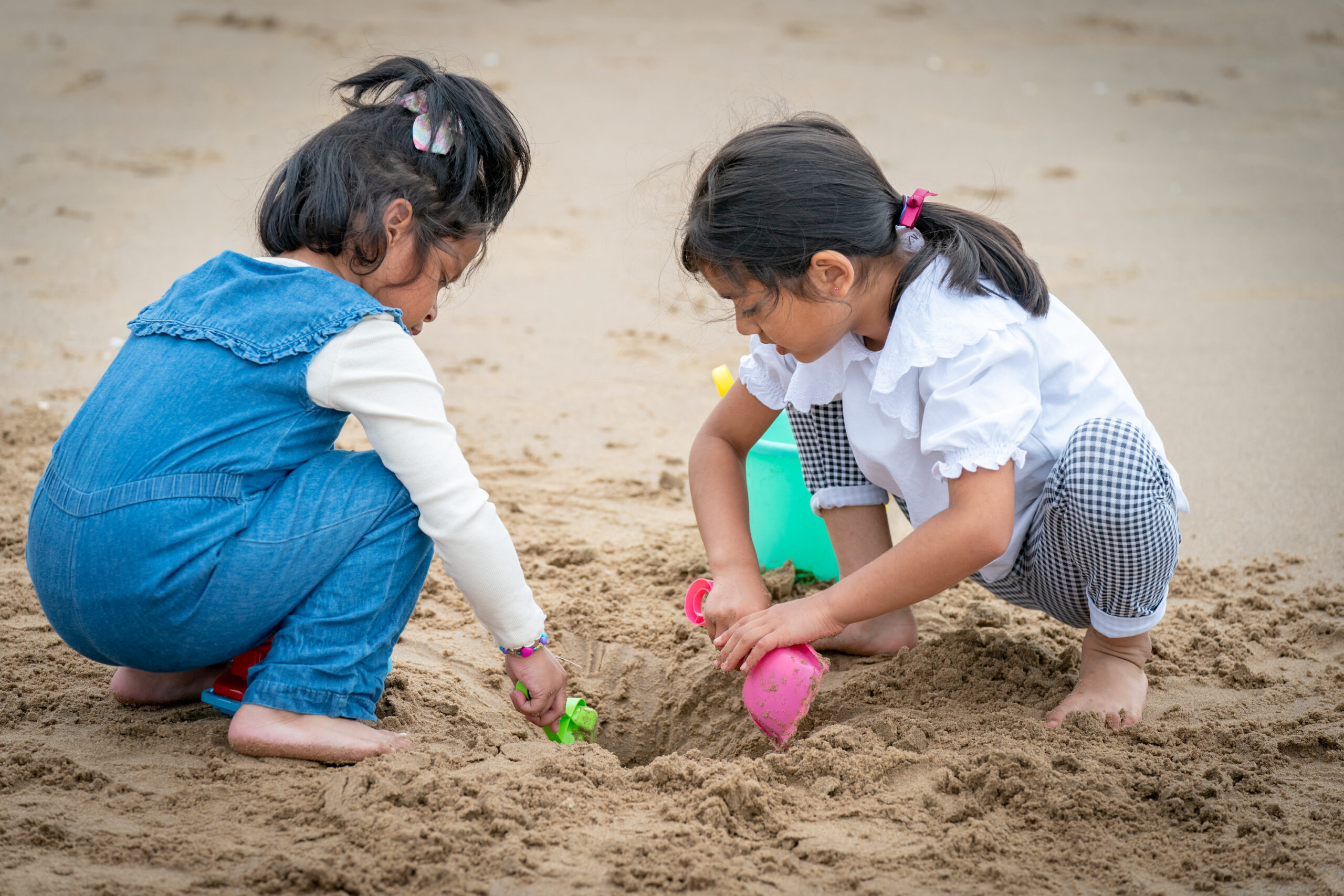
Mae pob lle da i chwarae’n cynnig amgylchedd chwarae cyfoethog gyda llawer o werth chwarae ar gyfer pob plentyn
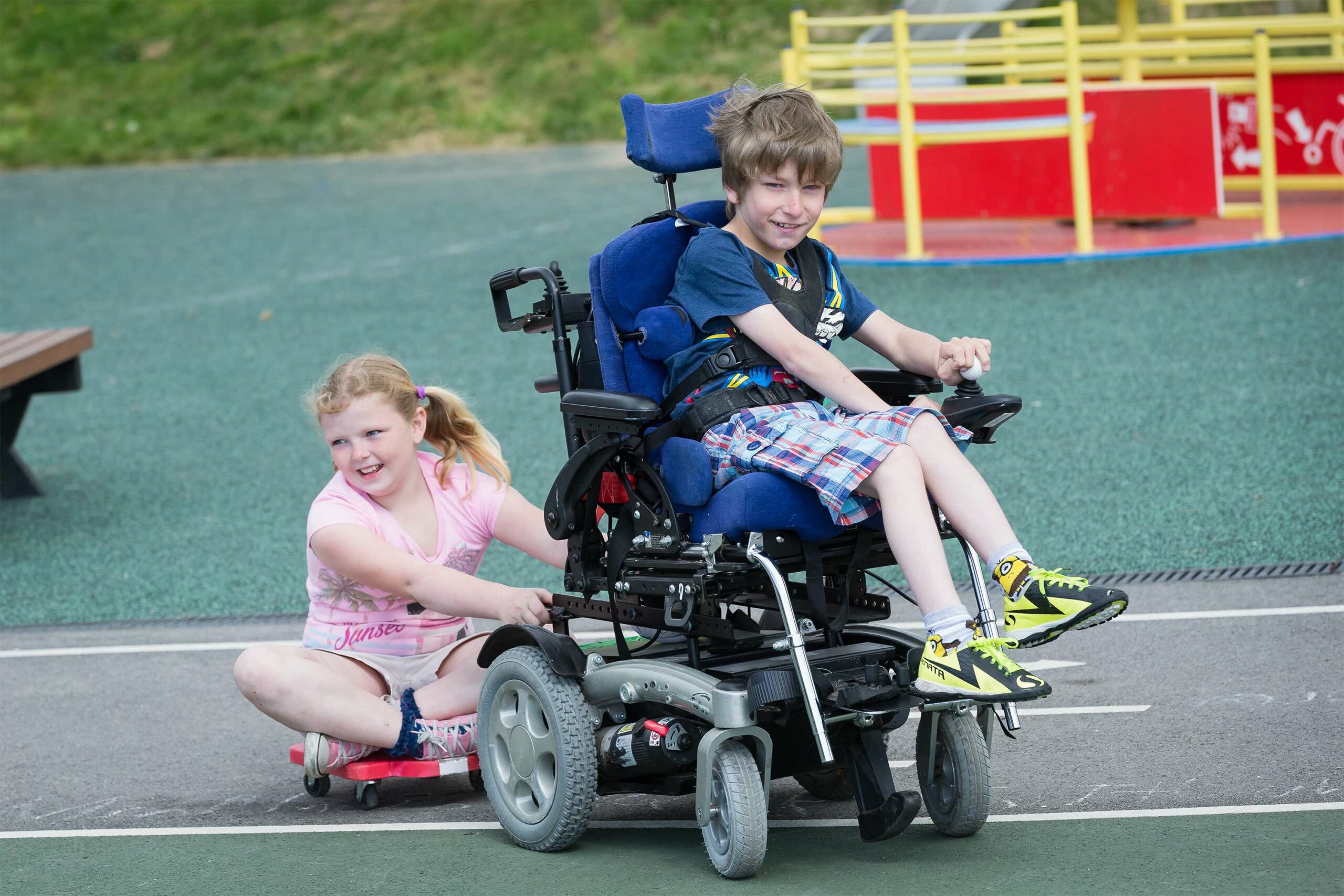
Mae chwarae cynhwysol yn golygu rhoi mynediad cyfartal i bob plentyn ac arddegwr i ddarpariaeth chwarae lleol o safon dda
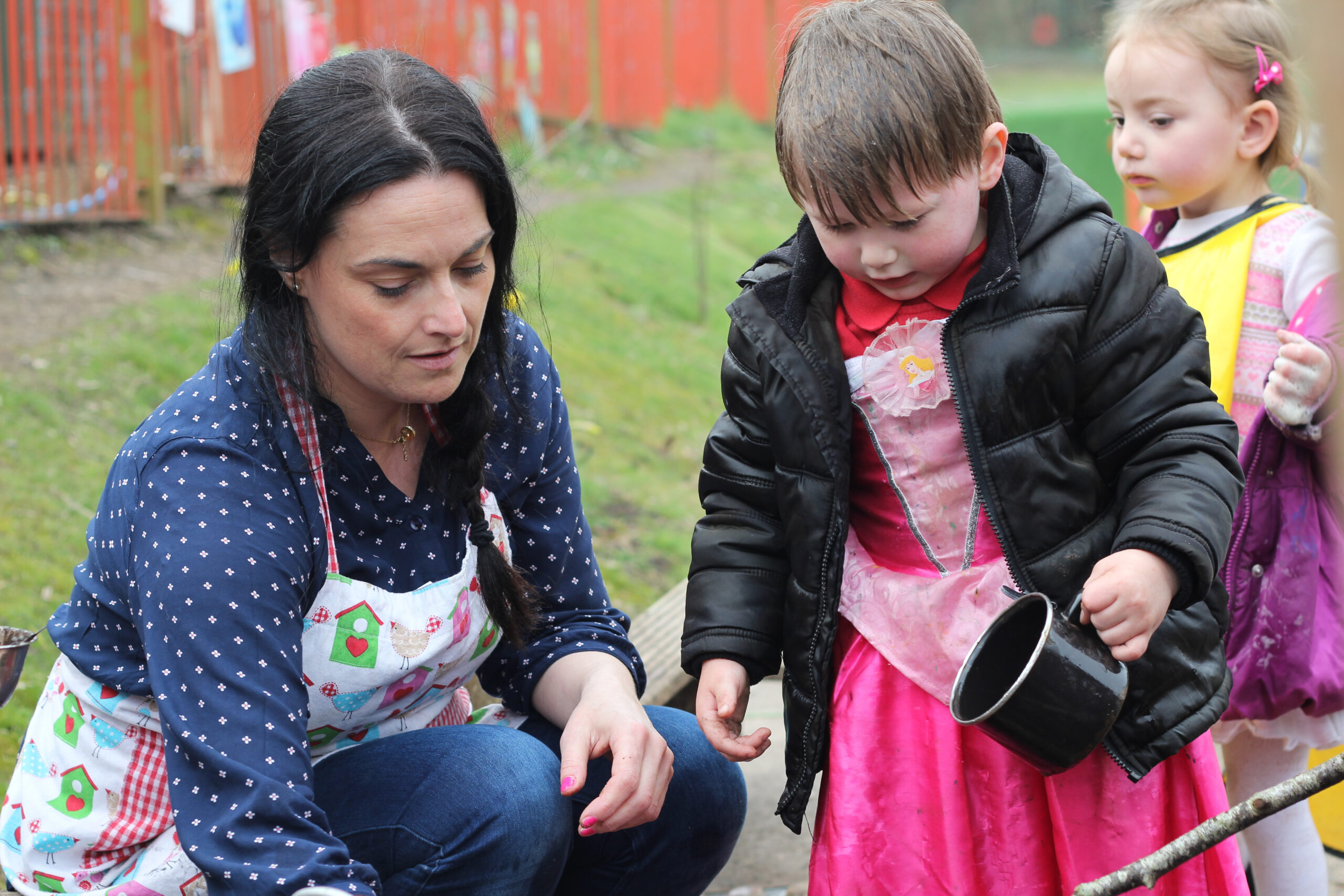
Fel oedolion, ein cyfrifoldeb ni yw gwneud yn siŵr bod plant yn cael amser, lle a rhyddid i chwarae. Mae gweithlu cyfan sy’n helpu i wneud i hyn ddigwydd.
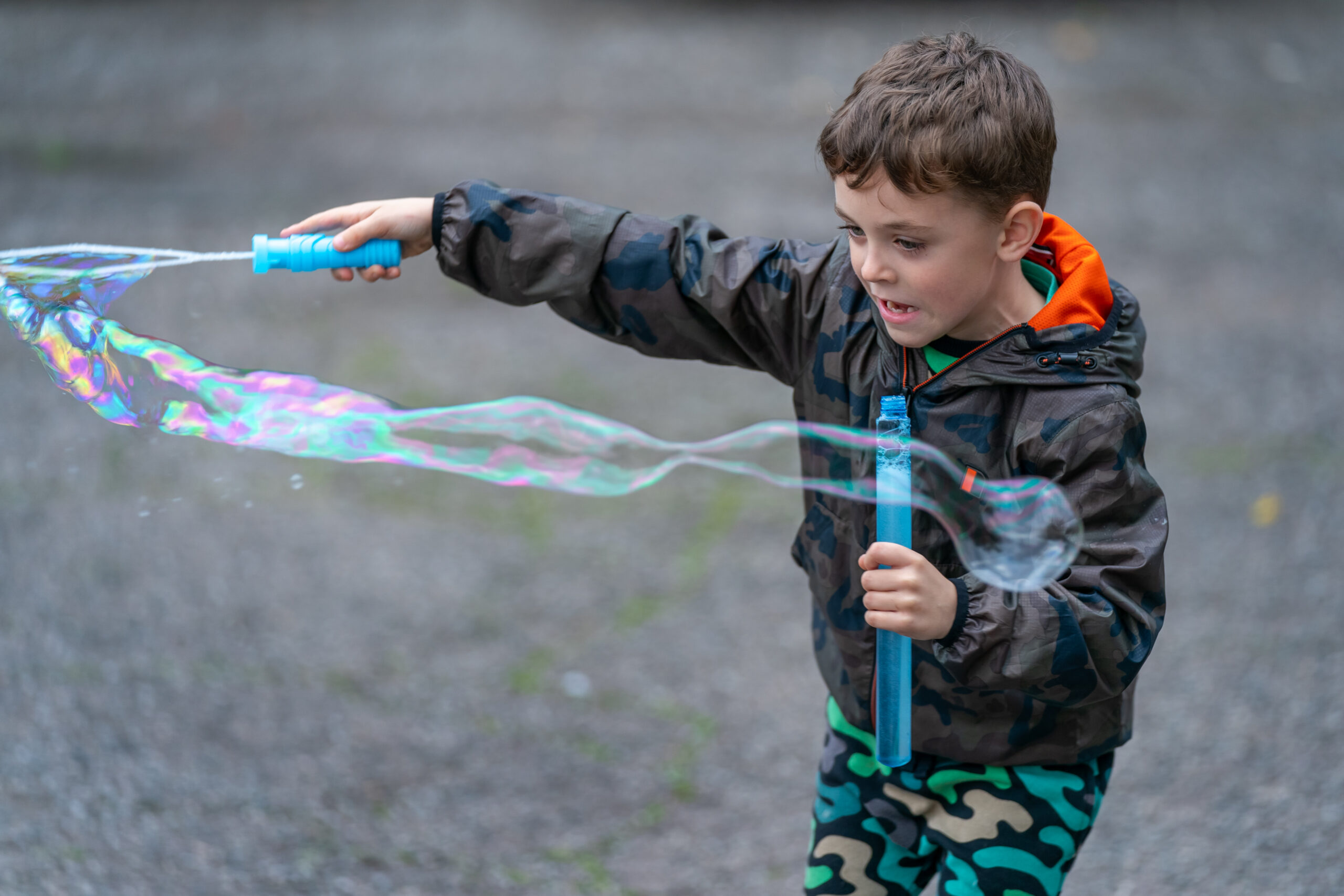
Cymryd agwedd gytbwys tuag at chwarae a defnydd plant ac arddegwyr o dechnoleg ddigidol
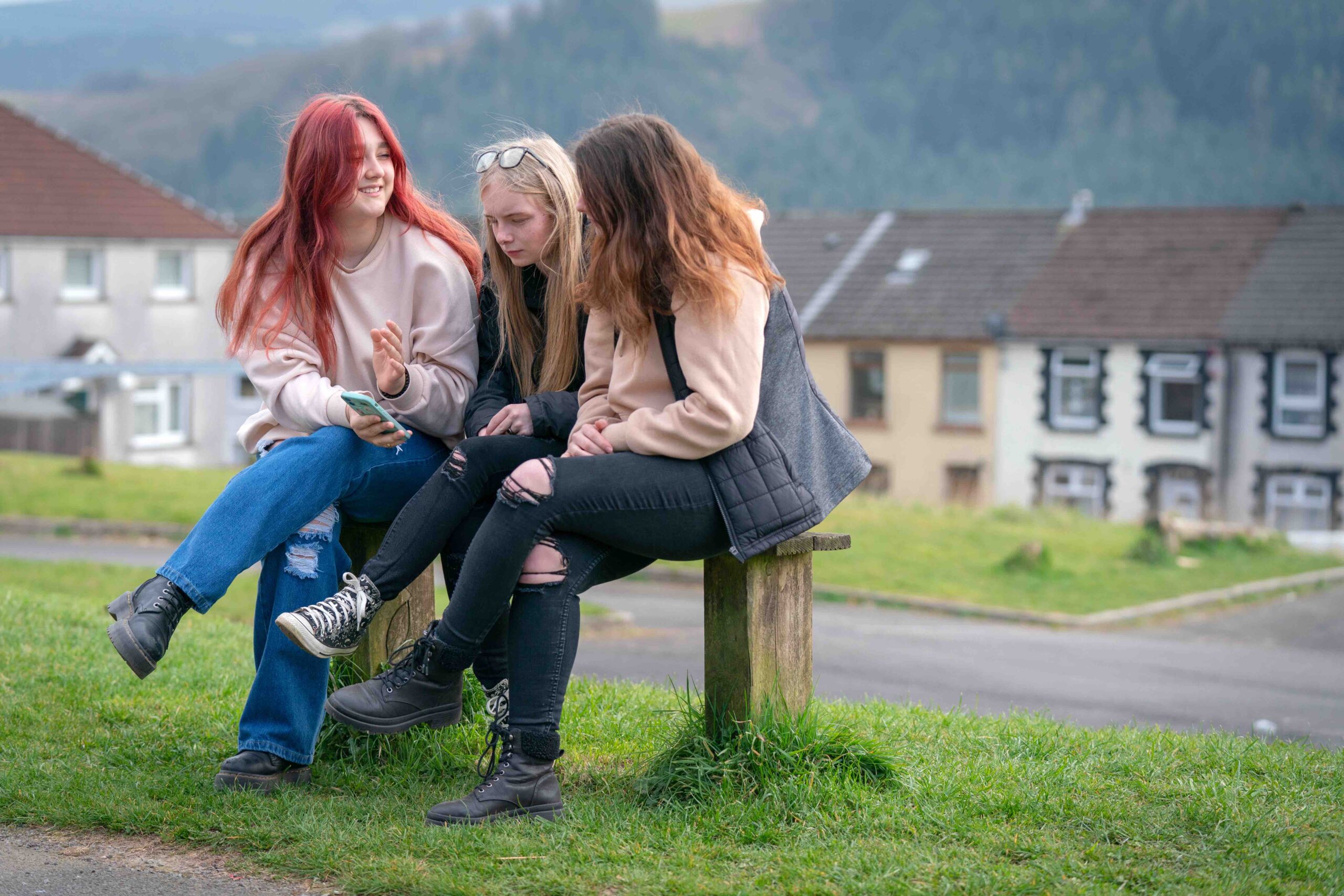
Yn union fel plant iau, mae plant hŷn ac arddegwyr angen amser, lle a rhyddid i chwarae

Mae Diwrnod Rhyngwladol Chwarae y Cenhedloedd Unedig yn cydnabod hawl plant i chwarae a’i bwysigrwydd i’w lles
Plentyndod Chwareus
Mae ymgyrch Plentyndod Chwareus Chwarae Cymru yn anelu i helpu rhieni, gofalwyr a grwpiau cymunedol i ddarparu mwy o gyfleoedd i blant chwarae yn eu cartref ac yn eu cymdogaethau.
